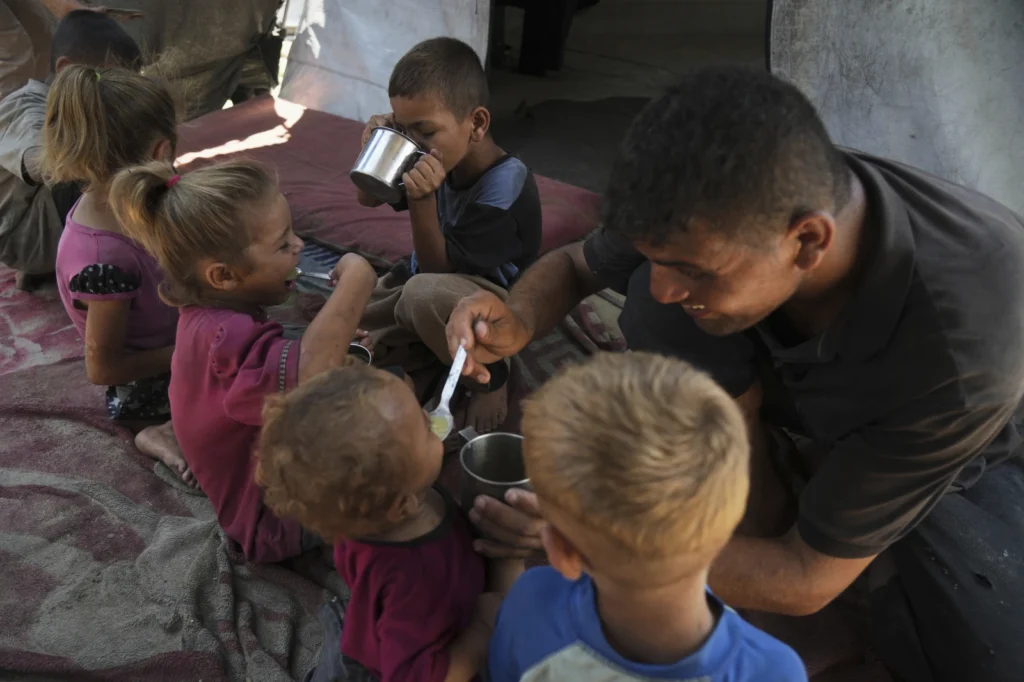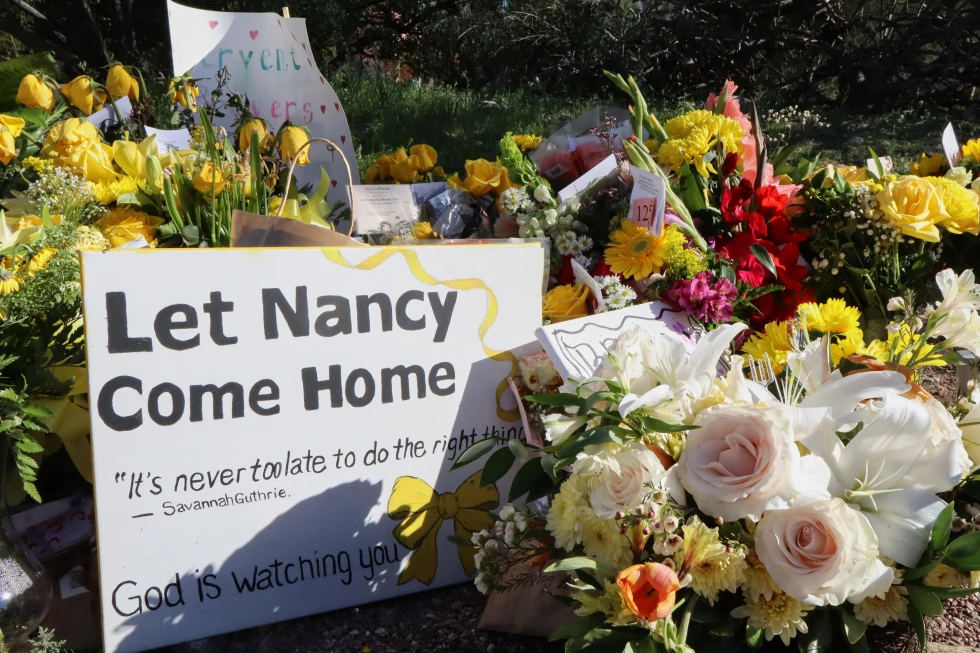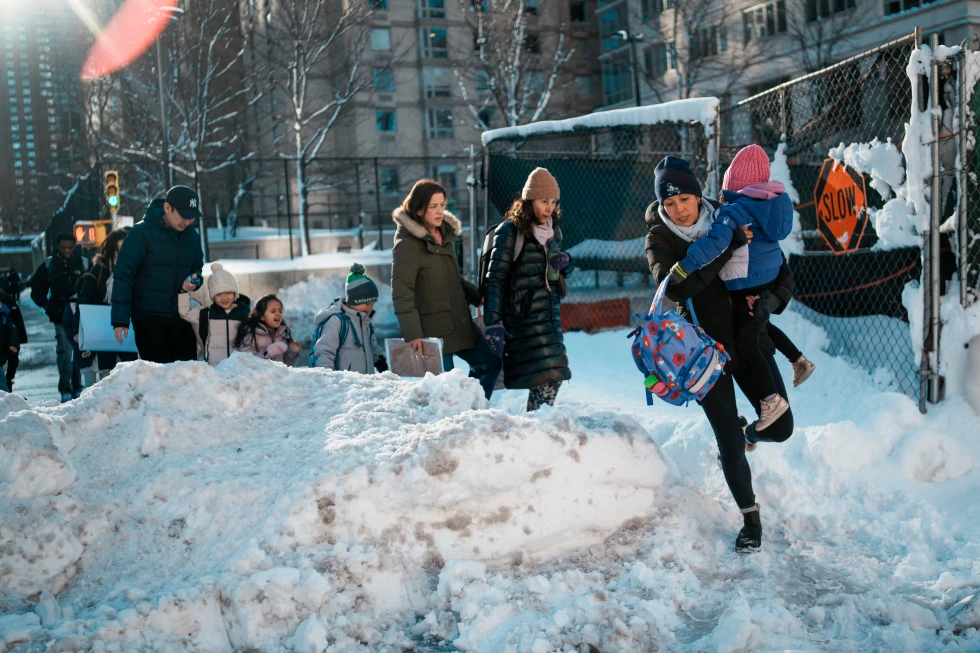Gaza Family Struggles Daily to Find Food Amid Conflict

Gaza Family Faces Daily Food Crisis Amid War and Blockade
Every morning in Gaza, Abeer and Fadi Sobh wake up with the same question: How will they feed their six children today?
The family lives in a makeshift tent near Gaza City after multiple displacements. Their routine has become a cycle of desperation. Some days, they secure watery lentil soup from a charity kitchen. Other days, they rely on aid trucks—or beg. But more often, they go without food entirely.
Hunger Deepens in Gaza
The Gaza family food crisis has worsened over the past 22 months of war. According to humanitarian organizations, aid restrictions and lawlessness have made food distribution nearly impossible. Earlier this week, global food experts warned that famine is already unfolding in parts of Gaza.
In March 2025, Israel imposed a complete blockade on supplies to pressure Hamas to release hostages. Although limited aid resumed in May, it barely meets the population’s needs. Even when food does get in, much of it is hoarded or sold at sky-high prices.
A Typical Day in the Camp
Fadi, a 30-year-old street vendor, and his wife Abeer, 29, live with their children in a hot, cramped tent. With little access to clean water, Abeer collects seawater to wash the kids. She feeds her baby water in a bottle, sometimes with powdered lentils if they’re lucky.
After cleaning the tent, Abeer sets out to beg for breakfast. Fadi tries the soup kitchen, but it only opens once a week and rarely has enough food. Last month, while trying to reach an aid truck, he was shot in the leg. Now, he can only rely on the kitchen—when it opens.
Children Bear the Burden
Their oldest children—Youssef, Mohammed, and Malak—help carry heavy jerrycans from a water truck. Others scavenge for plastic, paper, or wood to fuel their cooking stove.
When food is distributed from trucks in northern Gaza, Abeer joins the crowd. She often returns empty-handed. At times, she pleads with those who succeeded: “Please give me anything.” Occasionally, someone offers her flour or lentils.
During the hottest part of the day, the children are told to sleep. It keeps them from exhausting themselves or becoming hungrier.
Desperation at Dinnertime
If the family secures ingredients and fuel, Abeer prepares a thin lentil soup. But most nights, they sleep hungry. Abeer admits she often feels dizzy and overwhelmed.
“I am tired. I have no more strength,” she said. “If the war continues, I’m thinking of taking my life. I can’t go on.”
Global Concern Grows
This Gaza family food crisis reflects a broader humanitarian emergency. International aid groups are calling for urgent action to prevent mass famine. Internal calls for support continue to grow, such as those found on Doctors Without Borders and UN OCHA pages.
As the world watches, families like the Sobhs fight each day just to survive.
Source: AP News
: 273







